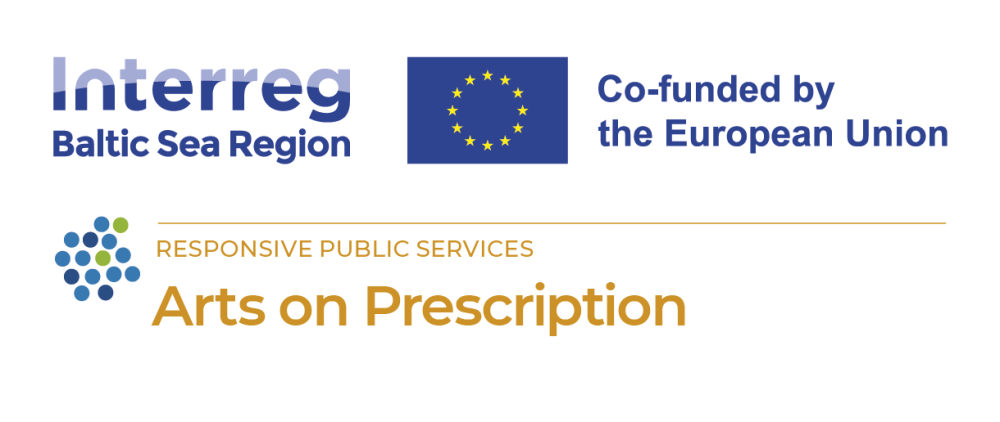PA Health
Ongoing
Economy of Wellbeing of People – fostering cohesion towards a sustainable working life and ageing
Duration: 2023 - ongoing
Geographical area: Estonia, Germany, Latvia, Sweden
The NDPHS and the Norden Association Sweden, the Policy Area Health and Policy Area Education Coordinators in the EU Strategy for the Baltic Sea Region (EUSBSR) project is the first step for a flagship platform for collaboration between stakeholders in the region to tackle Health, Education and Working life challenges identified in the EUSBSR Action plan. The aim is to establish Europe’s first Cross Policy Area Flagship, advocating an inclusive growth and well-being agenda in all policies.
The project has 4 phases:
- Developing a methodology and model for stakeholder mapping and analysis, as well as for the best process of transnational, multi-level cross-sectoral collaboration.
- Identifying relevant stakeholders across EUSBSR countries and beyond.
- Analyzing stakeholders to assess their potential contributions to the policy-action process, and the added value they will gain from collaborating.
- Drawing up an application to get further funding to launch the flagship in 2024.
Project coordinators: The NDPHS Secretariat (PA Health) and Association Norden Sweden – Föreningen Norden i Sverige (PA Education)
Project partners: The Public Health Association of Latvia (PHAL), Connected Health Cluster Tallinn Science park Tehnopol Foundation, Riga Planning Region, Mecklenburg-Vorpommern Economic Education Institute.


A new project aiming to improve the mental wellbeing of citizens
Duration: 2023 - ongoing
Geographical area: Denmark, Finland, Germany, Latvia, Lithuania, Poland, Sweden.
Summary: Arts on prescription is a concept to improve the mental well-being of citizens. The idea is that people with a diagnosed mental condition such as depression, stress or anxiety, or people at risk of developing such a condition (e.g. due to loneliness) get a prescription not for medicine or therapy, but for taking part in regular arts activities in group settings. This has been proven to have positive health effects. The challenge that public authorities face when planning and implementing such a programme lies in the underdeveloped cooperation between the culture and health sector, the lack of knowledge on how to set up, organise and evaluate a programme and the lack of long-term financing. The partners of the project “Arts on Prescription in the Baltic Sea Region” will jointly develop a model programme that is based on state-of-the-art evidence and experience, but adaptable to different local conditions and public health systems. The programme will be piloted by local and regional public authorities in cooperation with cultural institutions and evaluated for its health effects, organisational set-up and economic benefits. The arts on prescription model is then transferred to other cities and regions who are supported with an online practitioner’s guide and a rent-an-expert programme. Moreover, the project will initiate a dialogue with national authorities and health insurance funds in order to improve the structural support and financing options for arts on prescription.
A particularly important role in the partnership will be played by the Secretariat of the Northern Dimension Partnership on Health and Social Well-being. As coordinator of PA Health of the EUSBSR and partner of the project “The Art of Staying Healthy” the NDPHS Secretariat is the ideal partner for promoting the results of the project more broadly in the EU. The NDPHS has direct access to senior officials of the national ministries of health and can help to raise awareness and put the topic on the political agenda.



